XRP, the native cryptocurrency of the Ripple network, has gained significant popularity due to its speed and low transaction costs. But to store and manage XRP securely, you need a reliable crypto wallet. In this guide, we explore the best crypto wallets for XRP, comparing their features, security, and ease of use to help you choose the right one for your needs.
07 July, 2025
Table of content
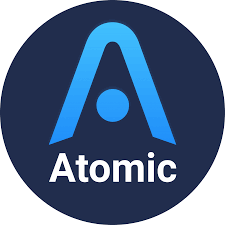
Atomic Wallet is a decentralized crypto wallet that allows users to manage a wide range of cryptocurrencies including XRP, Bitcoin, Ethereum, and over 1000 other assets. The wallet gives users full control over their private keys, which are encrypted and stored only on the user’s device. No personal information or verification is required to use the wallet’s basic functions, reinforcing its focus on privacy and user control.
The application supports crypto management functions such as buying, swapping, and staking. It also allows for anonymous crypto swaps with a cashback feature, and users can purchase various cryptocurrencies directly within the wallet using fiat currencies. The interface is simple to navigate, and the platform includes 24/7 live support. It supports staking for several assets with flexible APR ranges and allows users to manually add custom ERC20 tokens.

Best Wallet is a non-custodial, multi-chain crypto wallet that enables users to manage multiple wallets and assets without requiring identity verification or KYC. It supports functions such as buying, storing, swapping, and staking various cryptocurrencies within a single interface. The wallet is designed to maintain user anonymity while offering decentralized account recovery and anti-fraud mechanisms.
It integrates with Onramper for buying crypto using fiat with low fees and supports thousands of tokens across over 50 blockchain networks. Users can manage and track multiple wallets through the portfolio feature, use an address book for sending, and access a built-in DEX for token swaps, including cross-chain swaps. Additionally, Best Wallet includes a token launchpad feature that offers early access to new project tokens before public release.
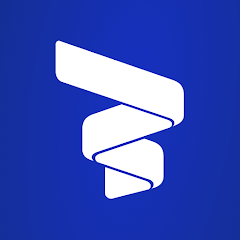
Bifrost Wallet is a self-custody, multi-chain crypto wallet that gives users full control over their digital assets, including XRP and support for more than 1,000 cryptocurrencies. The wallet runs locally on the device, keeping private keys secure and offline. It includes a built-in NFT gallery, Web3 browser, and tools for interacting with decentralized apps across ecosystems like Flare, Ethereum, and the XRP Ledger.
The wallet emphasizes privacy and does not include trackers or ads. It uses a standard 12- or 24-word recovery phrase and supports direct fiat on-ramps for buying crypto. Users can explore DApps, manage FAssets, and delegate tokens within supported ecosystems. Bifrost also supports WalletConnect for broader dApp interactions and has been independently audited for security.
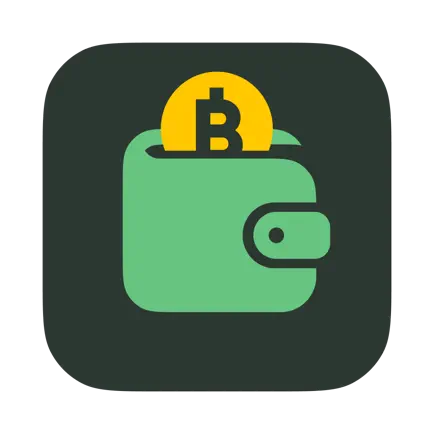
Coin Wallet is a self-custodial, multi-currency wallet that supports a wide range of cryptocurrencies including XRP. It operates without user registration, KYC, or cloud-based data, keeping private keys on the user’s device and encrypted with industry-standard methods. The wallet is available across mobile, desktop, and web platforms, with support for over 2,000 tokens on various blockchain networks.
Coin Wallet allows users to buy, store, send, receive, and swap crypto. It includes features such as client-side encryption, hardware key compatibility, and biometric login. Additional privacy tools include VPN and Tor support, no logging, and no data tracking. The platform is open source and regularly audited for security. It also enables Web3 access and migration support from other wallets.

Edge Wallet is a self-custody cryptocurrency wallet that allows users to store, buy, and exchange XRP along with over 120 other cryptocurrencies. It uses client-side encryption to ensure all data stays on the user’s device, meaning neither Edge nor any third party has access to private keys or transaction information. Users can log in with a username and password, with optional access to seed phrases for backup.
The wallet is designed to simplify crypto management by removing the need for manual backups during initial setup, while still allowing full access to advanced features. It supports in-app crypto purchases and swaps, decentralized access, and does not collect user data. Built-in privacy features and a decentralized server model help ensure that transactions remain functional even if Edge servers go offline.
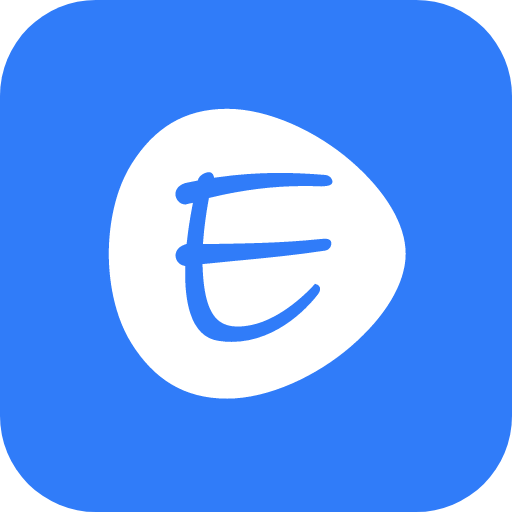
ELLIPAL Titan 2.0 is a fully air-gapped cold wallet designed to operate without any online connection, using QR code scanning for all transactions. It does not use WiFi, Bluetooth, or USB, reducing exposure to remote attacks. All private keys are stored offline, and users interact with the wallet through a 4-inch touchscreen interface. The wallet supports over 10,000 coins and tokens, including XRP.
The device features physical security measures such as a sealed metal body, tamper detection with automatic data deletion, and dual-layer PIN and passphrase protection. It also offers a secondary hidden wallet option for extra asset protection. Management of crypto assets, including buying, swapping, staking, and using dApps, is done through the paired ELLIPAL mobile app. Firmware updates are handled via SD card, and compatibility includes MetaMask and WalletConnect.
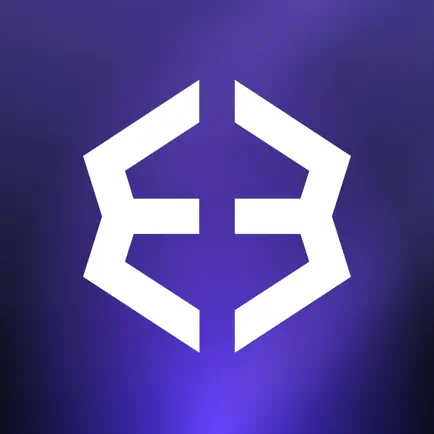
They offer a self‑custody wallet that supports XRP along with over 50 blockchains and thousands of tokens. Users manage private keys locally, ensuring complete control without third‑party access. The app facilitates built‑in crypto swaps and purchases via credit/debit cards or Apple/Google Pay, and it syncs across desktop and mobile devices.
The interface is designed to be easy for beginners while still offering tools like real‑time portfolio tracking, price alerts, DeFi and NFT access, and compatibility with hardware wallets. Support is available 24/7 via email for user questions.

They provide an XRP-focused wallet connected to the XRP Ledger, supporting fiat and crypto transactions using SEPA, wire, or on‑ledger payments. Wallets include security layers such as multisignature and fraud shield, with custodial cover on balances up to $1M. The platform includes live transaction analytics, portfolio tracking, and tools for trading on the XRP Ledger decentralized exchange.
The web‑based interface is built for both new and advanced users, offering charting, asset analysis, and support resources. They also offer round‑the‑clock customer support and maintain security as a top priority.
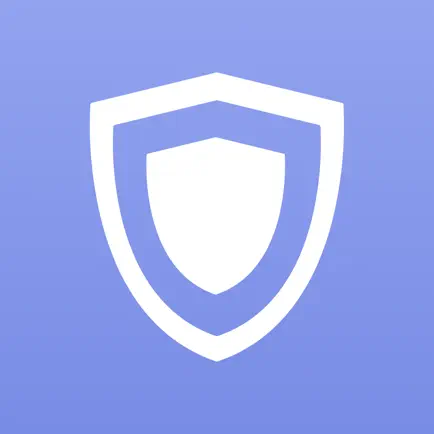
They provide a non‑custodial multi‑asset wallet that supports XRP plus dozens of blockchains and thousands of tokens. Private keys are encrypted and stored locally with optional biometric access. The wallet supports buying, exchanging, sending, receiving, and staking on mobile, desktop, and web platforms with synced access.
The interface balances user friendliness and flexibility, offering adjustable fees, built‑in exchange tools, staking options, and 60+ blockchain support. Customer support is available 24/7 with fast response times.

They produce hardware wallets (e.g., Nano X, Stax) that store private keys offline and use secure elements to sign XRP transactions safely. Users connect the device to Ledger Live, a companion app that manages crypto assets, including XRP, along with buying, selling, swapping, and staking.
The system combines physical isolation for private keys and software features for portfolio tracking, market comparison, and staking. It supports thousands of coins and includes regular firmware updates.
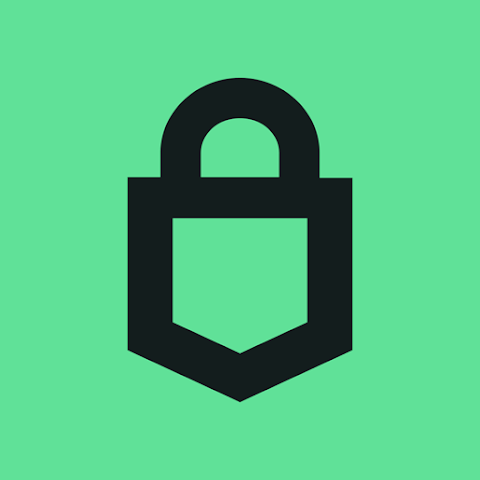
They offer hardware wallets that keep private keys fully offline, supporting XRP and over 1,000 other assets. The user interacts via the Trezor Suite app to buy, sell, swap, and manage crypto, all without the device ever touching the internet.
Their devices include secure elements, open‑source firmware, and backup options. The system includes recovery methods, unattended key protection, and finance tools within the app. It’s designed for strong offline security measures.
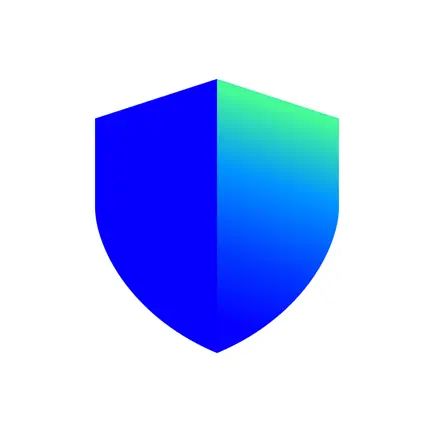
Trust Wallet is a self-custody, multi-chain wallet that allows users to manage their private keys locally on their devices. It supports over 100 blockchains and millions of assets, including XRP. The wallet provides access to Web3 applications and decentralized finance (DeFi) opportunities through an integrated dApp browser. Users can buy, sell, swap, and earn rewards with stablecoins directly within the wallet. It prioritizes user privacy by not collecting personal information and by encrypting private keys with AES standards.
The wallet is available on mobile and desktop, offering synchronization and encrypted cloud backup for increased security. It also supports direct crypto deposits from exchanges such as Binance and Coinbase, simplifying the transfer process. Additional safety features include proactive alerts for risky transactions and connections to help users avoid potential security threats.
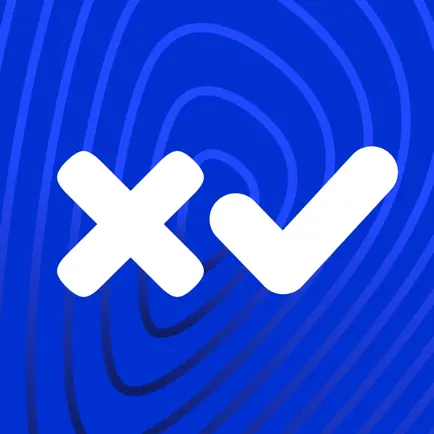
Xaman Wallet focuses on providing a self-custody solution tailored specifically for XRP and assets on the XRP Ledger (XRPL) and Xahau networks. It allows users to create and manage multiple XRP Ledger accounts within a single interface. The wallet supports all tokens on the XRPL and facilitates fast transactions with settlement times of just a few seconds.
Security is emphasized through the use of passcodes, biometric authentication, and integration with NFC hardware wallets such as Tangem, which securely store private keys on embedded chips. This combination offers a strong layer of security while maintaining user control. Xaman also provides access to the broader XRPL ecosystem and tools for managing issued tokens and currencies on the supported networks.
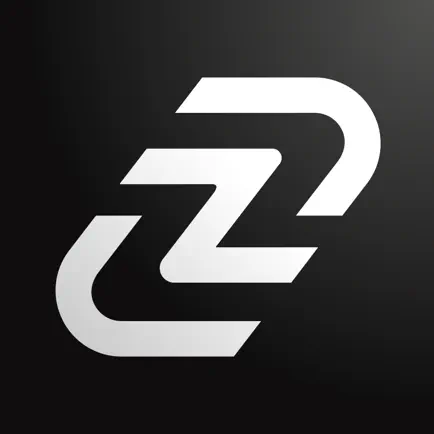
Zengo Wallet is a multi-chain self-custody wallet that replaces traditional seed phrases with a multi-party computation (MPC) system, splitting the responsibility of signing transactions between the user and the company without exposing private keys. This approach aims to reduce risks such as hacks and phishing attacks. The wallet supports over 380 crypto assets, including XRP, and integrates buying, selling, swapping, and staking features.
Security features include biometric authentication with 3D FaceLock, a three-factor authentication recovery system, and optional advanced tools available through a premium subscription, such as multiple segregated wallets, theft protection, and a Web3 firewall. The wallet can be accessed on both mobile and desktop platforms, with live notifications for transactions and support for Web3 applications through WalletConnect.
When choosing a crypto wallet for XRP, it’s important to consider how the wallet manages security, user control, and compatibility with the XRP Ledger ecosystem. Different wallets offer various features – from multi-chain support and Web3 access to specialized tools designed specifically for XRP users. Each wallet balances convenience, security, and functionality in its own way, so the best choice depends on individual needs such as asset variety, transaction speed, and recovery options. Evaluating these factors can help users find a wallet that fits their approach to managing XRP safely and effectively.
|
|
|
|
|
| Casino Name |
|
|
|
| Rating | |||
| Welcome Bonus | |||
| Bonus Wagering | |||
| Currencies | |||
| Min. Deposit | |||
| Min. Withdrawal | |||
| License | |||
| Payout Speed | |||
| VIP Program | |||
| Crypto Faucet | |||